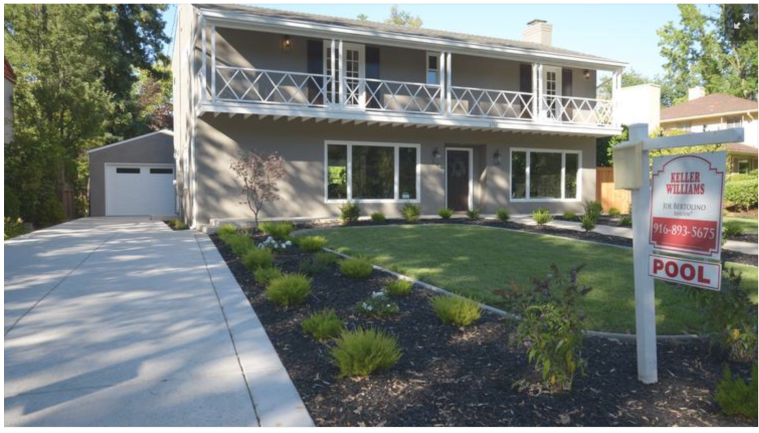 Sacramento is one of the top cities in the country for older homeowners opting for reverse mortgages, according to a report from LendingTree.
Sacramento is one of the top cities in the country for older homeowners opting for reverse mortgages, according to a report from LendingTree.
Among Sacramento homeowners over the age of 60, 13.1 out of 1,000 opts for a reverse mortgage, nearly double the national average of 7.1. That ranks the region fourth nationwide, with Virginia Beach, Virginia; Denver and Riverside the only cities with higher rates, the report says.
Tendayi Kapfidze, LendingTree’s chief economist, said faster home appreciation tends to be the biggest factor in the cities at the top of the list. That’s reflected in California cities including Sacramento, San Francisco and San Diego making the top 10 as well as growth cities like Austin, Texas, and Reno.
Under a reverse mortgage, a homeowner can borrow money against the value of their home, receiving funds in the form of a fixed monthly payment or line of credit. No repayment is required until the borrower dies, moves or sells the home.
Homeowners who’ve seen considerable appreciation are more likely to tap into the equity through a reverse mortgage, which is only open to people 62 or older, Kapfidze said.
A high volume of reverse mortgages can have a side effect for the housing market overall. Kapfidze said that typically, someone first makes the decision to stay in his or her home, then looks into a reverse mortgage as an income stream. The end result is the home stays with the current occupant rather than coming on the market for sale. Though it’s not the only reason, Kapfidze said, it is one reason the local and national supply of homes for sale is noticeably lacking.
“Nationally, inventory is tight,” he said, noting demographers have also documented a decline in mobility across the U.S. as people are tending to stay where they are longer.
Sacramento runs somewhat counter to the latter trend. Nationally, census data suggests 50 percent of all homeowners moved into their homes in 2010 or later. The figure is 48 percent in Sacramento, suggesting even in a relatively mobile city, reverse mortgages have some appeal.
Kapfidze said he also expects some bad news for real estate watchers hoping more homes will come on the market as baby boomers begin retiring in large numbers. That demographic cohort also has a large amount of home equity, he said, if they didn’t strip it out in the housing boom of the 2000s.
“As more baby boomers get to retirement, there might be an increase in use of reverse mortgages,” Kapfidze said.
Pic and Story Source: SacBizJournal
